- ×
![[Audio] The Professional Education Group - Younger CLE Series](https://wishcourses.com/wp-content/uploads/2021/05/Audio-Only-Younger-CLE-Series-Part-7-Confrontation-250x343.png) [Audio Download] The Professional Education Group - Younger CLE Series, Part 7: Confrontation 1 × $25.00
[Audio Download] The Professional Education Group - Younger CLE Series, Part 7: Confrontation 1 × $25.00 - ×
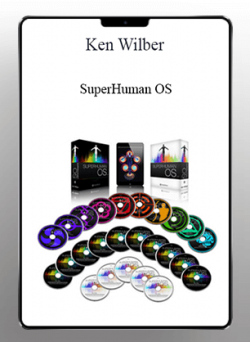 [Download Now] Superhuman OS Training - Ken Wilber 1 × $30.00
[Download Now] Superhuman OS Training - Ken Wilber 1 × $30.00 - ×
 [Download Now] Melanie Duncan – The Perfect Lead Magnet 1 × $21.00
[Download Now] Melanie Duncan – The Perfect Lead Magnet 1 × $21.00 - ×
 [Download Now] Ash Ambirge – Shop of Moxie – The 2015 Six Appeal Process 1 × $40.00
[Download Now] Ash Ambirge – Shop of Moxie – The 2015 Six Appeal Process 1 × $40.00 - ×
 [Download Now] Copy Hackers [Joanna Wiebe] – Email Copywriting 1 × $40.00
[Download Now] Copy Hackers [Joanna Wiebe] – Email Copywriting 1 × $40.00 - ×
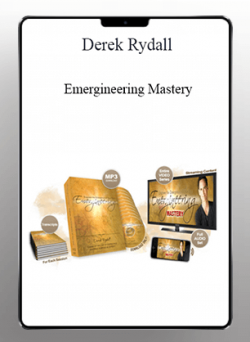 [Download Now] Derek Rydall – Emergineering Mastery 1 × $23.00
[Download Now] Derek Rydall – Emergineering Mastery 1 × $23.00 - ×
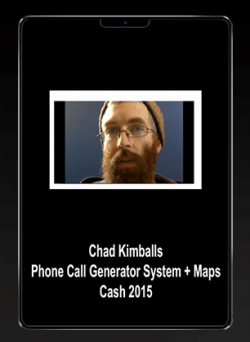 [Download Now] Chad Kimballs - Phone Call Generator System + Maps Cash 2015 1 × $42.00
[Download Now] Chad Kimballs - Phone Call Generator System + Maps Cash 2015 1 × $42.00 - ×
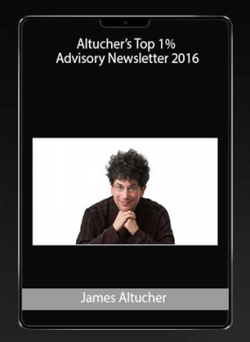 James Altucher - Altucher's Top 1% Advisory Newsletter 1 × $48.00
James Altucher - Altucher's Top 1% Advisory Newsletter 1 × $48.00 - ×
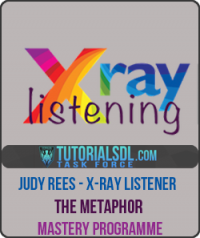 [Download Now] Judy Rees - X-Ray Listener - The Metaphor Mastery Programme 1 × $48.00
[Download Now] Judy Rees - X-Ray Listener - The Metaphor Mastery Programme 1 × $48.00 - ×
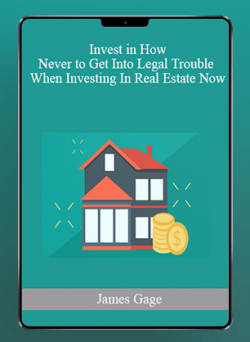 [Download Now] James Gage - Invest in How Never to Get Into Legal Trouble When Investing In Real Estate Now 1 × $32.00
[Download Now] James Gage - Invest in How Never to Get Into Legal Trouble When Investing In Real Estate Now 1 × $32.00 - ×
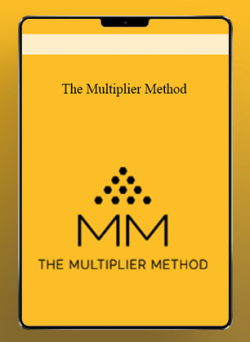 [Download Now] The Multiplier Method 1 × $24.00
[Download Now] The Multiplier Method 1 × $24.00 - ×
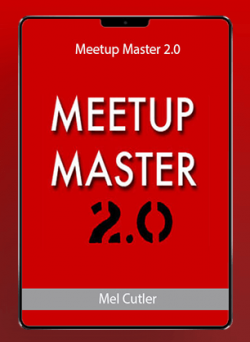 [Download Now] Mel Cutler – Meetup Master 2.0 1 × $40.00
[Download Now] Mel Cutler – Meetup Master 2.0 1 × $40.00 - ×
 [Download Now] Kim Klaver - Authority Marketer 1 × $23.00
[Download Now] Kim Klaver - Authority Marketer 1 × $23.00 - ×
 [Download Now] John Assaraf - Winning the Game of Business 1 × $78.00
[Download Now] John Assaraf - Winning the Game of Business 1 × $78.00 - ×
 Joe McCall - Special Wholesaling Lease Options Webinar 1 × $74.00
Joe McCall - Special Wholesaling Lease Options Webinar 1 × $74.00 - ×
 Harinder Singh Sabharwal - Jeet Kune Do for MMA 1 × $54.00
Harinder Singh Sabharwal - Jeet Kune Do for MMA 1 × $54.00 - ×
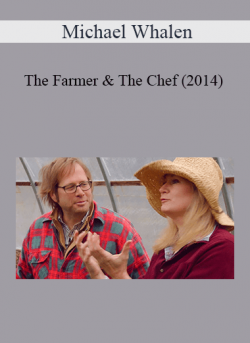 Michael Whalen - The Farmer & The Chef (2014) 1 × $9.00
Michael Whalen - The Farmer & The Chef (2014) 1 × $9.00 - ×
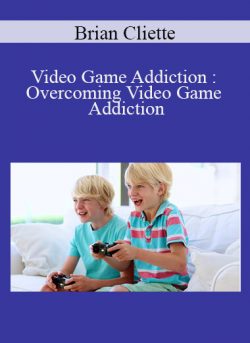 Brian Cliette - Video Game Addiction : Overcoming Video Game Addiction 1 × $27.00
Brian Cliette - Video Game Addiction : Overcoming Video Game Addiction 1 × $27.00 - ×
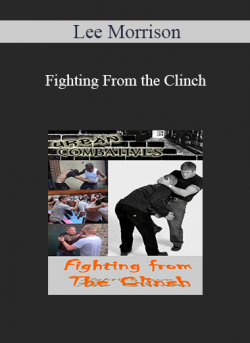 Lee Morrison - Fighting From the Clinch 1 × $10.00
Lee Morrison - Fighting From the Clinch 1 × $10.00 - ×
 EP13 Topical Panel 15 - Family and Couples Therapy - John Gottman, PhD, Julie Gottman, PhD, and Cloé Madanes, Lic. Psic 1 × $8.00
EP13 Topical Panel 15 - Family and Couples Therapy - John Gottman, PhD, Julie Gottman, PhD, and Cloé Madanes, Lic. Psic 1 × $8.00 - ×
 Willie Jolley - The Will to Win 1 × $21.00
Willie Jolley - The Will to Win 1 × $21.00 - ×
 Unexplainablestore.com - Love Making 1 × $5.00
Unexplainablestore.com - Love Making 1 × $5.00 - ×
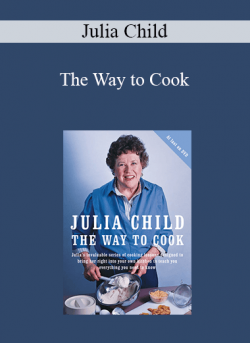 Julia Child - The Way to Cook 1 × $11.00
Julia Child - The Way to Cook 1 × $11.00 - ×
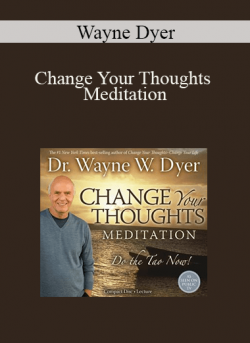 Wayne Dyer - Change Your Thoughts Meditation 1 × $10.00
Wayne Dyer - Change Your Thoughts Meditation 1 × $10.00 - ×
 Michael - Everyday German A1-B1 Bundle 1 × $62.00
Michael - Everyday German A1-B1 Bundle 1 × $62.00
Subtotal: $805.00

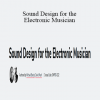
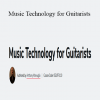
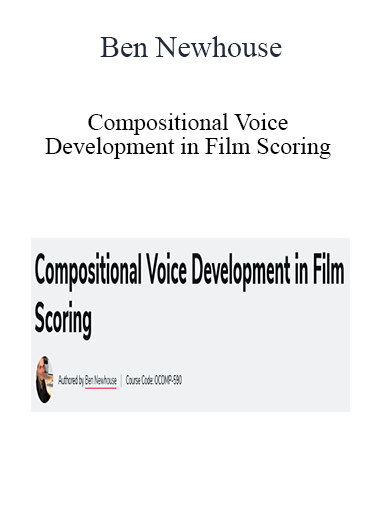
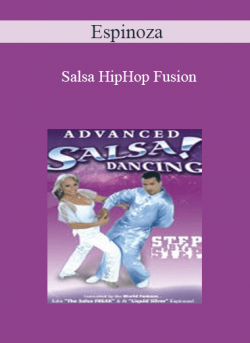
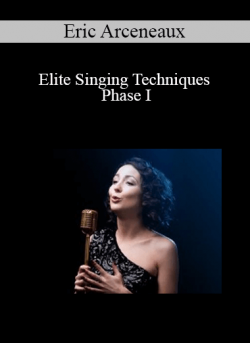
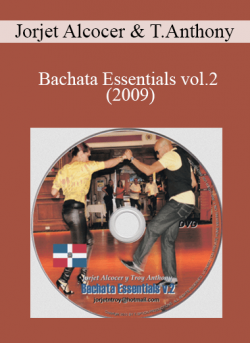
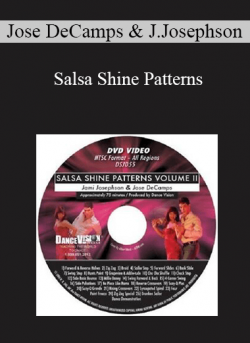
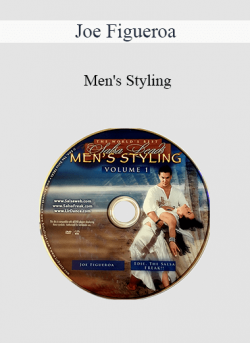
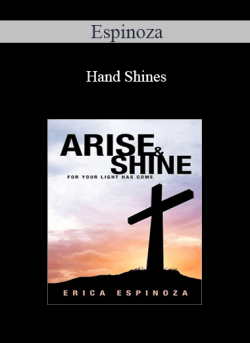
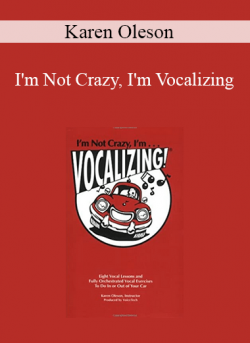
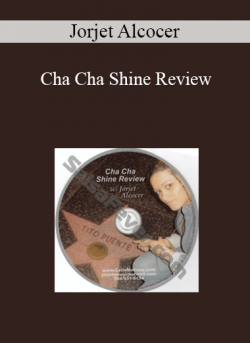
6 reviews for Ben Newhouse – Compositional Voice Development in Film Scoring
There are no reviews yet.